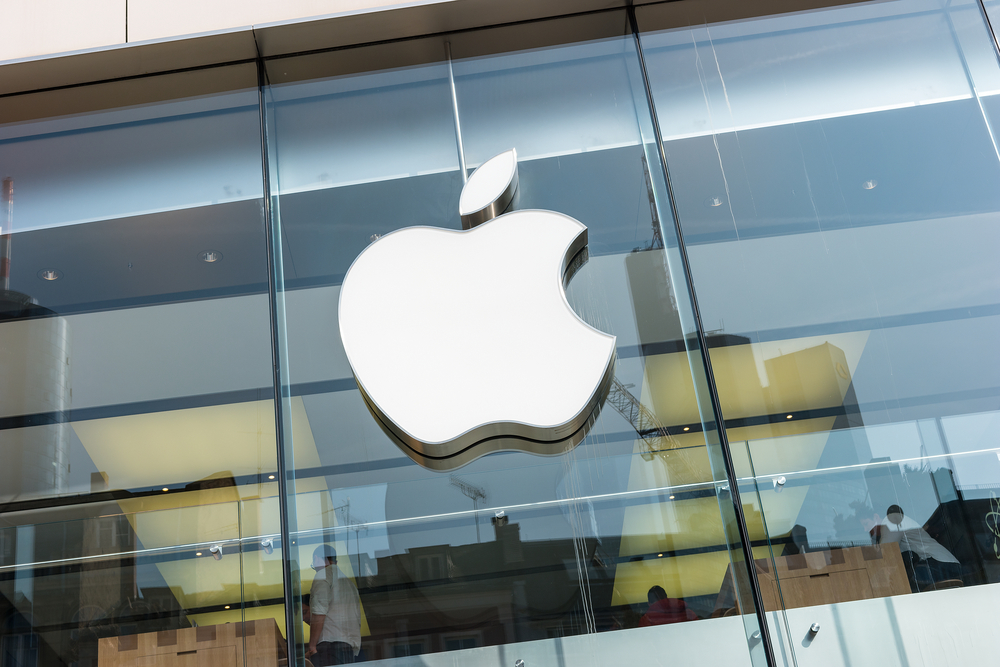Apple Digs Deeper Into AR With Akonia Holographics Buy
Rumors of Apple joining the augmented reality (AR) market have smoldered for years. Apple CEO Tim Cook has said AR is as big an idea as the smartphone, recent iOS devices have given developers more of the tools needed to make AR experiences and the company has made a series of acquisitions related to the AR market. Now it seems Apple has stoked the flames by buying smart glasses lens maker Akonia Holographics.
Apple confirmed its acquisition of Akonia to Reuters, but the company didn't share any details about the deal, nor has it acknowledged it on its website. Reuters believed the deal may have closed in the first half of 2018, but neither Apple nor Akonia have corroborated that timeline.
Akonia's website says the company was founded in 2012 to "develop advanced optical technologies based on holography" and that it turned its attention to the AR headset market only after "achieving revolutionary advances in holographic data storage." The company focused on a product called HoloMirror to offer "a unique combination of performance, transparency and low cost that will revolutionize the smart glass display industry."
It's not hard to see the appeal of a cheap and well-performing headset that offers more transparency than something like Microsoft's HoloLens or the Magic Leap One. Both are tinted like sunglasses, which allows them to overlay graphics on top of the real world but also makes everything seem a bit dark. The ideal AR experience would offer those same graphics and information without altering the user's perception of the real world.
Right now that experience simply isn't available on a large scale. Smartphone-based AR simulates the effect by using the device's camera to capture the real world, but it still isn't a perfect representation of what the environment looks like. Google attempted something similar with Glass, yet that product never made its way to the general public and eventually shifted towards business use with the Glass Enterprise Edition.
Apple could see HoloMirror as the key to offering a better AR experience than its competitors. It would make sense, then, for the $1 trillion company to just buy Akonia instead of licensing its technologies. The company reportedly spent $30 million on Vrvana before it had a commercial product; it's not likely to become a spendthrift when it comes to a company that's spent the last six years quietly working on a fundamental problem with AR.
Of course, Apple could plan to have Akonia's team work on something other than an AR headset. Companies often acquire smaller businesses for their research and talent with no intention of further supporting their previous work. But with Cook's enthusiasm for AR, the expansion of ARKit in iOS devices and this series of AR-related acquisitions, there's a lot of smoke for there not to be a fire.
Get Tom's Hardware's best news and in-depth reviews, straight to your inbox.

Nathaniel Mott is a freelance news and features writer for Tom's Hardware US, covering breaking news, security, and the silliest aspects of the tech industry.
